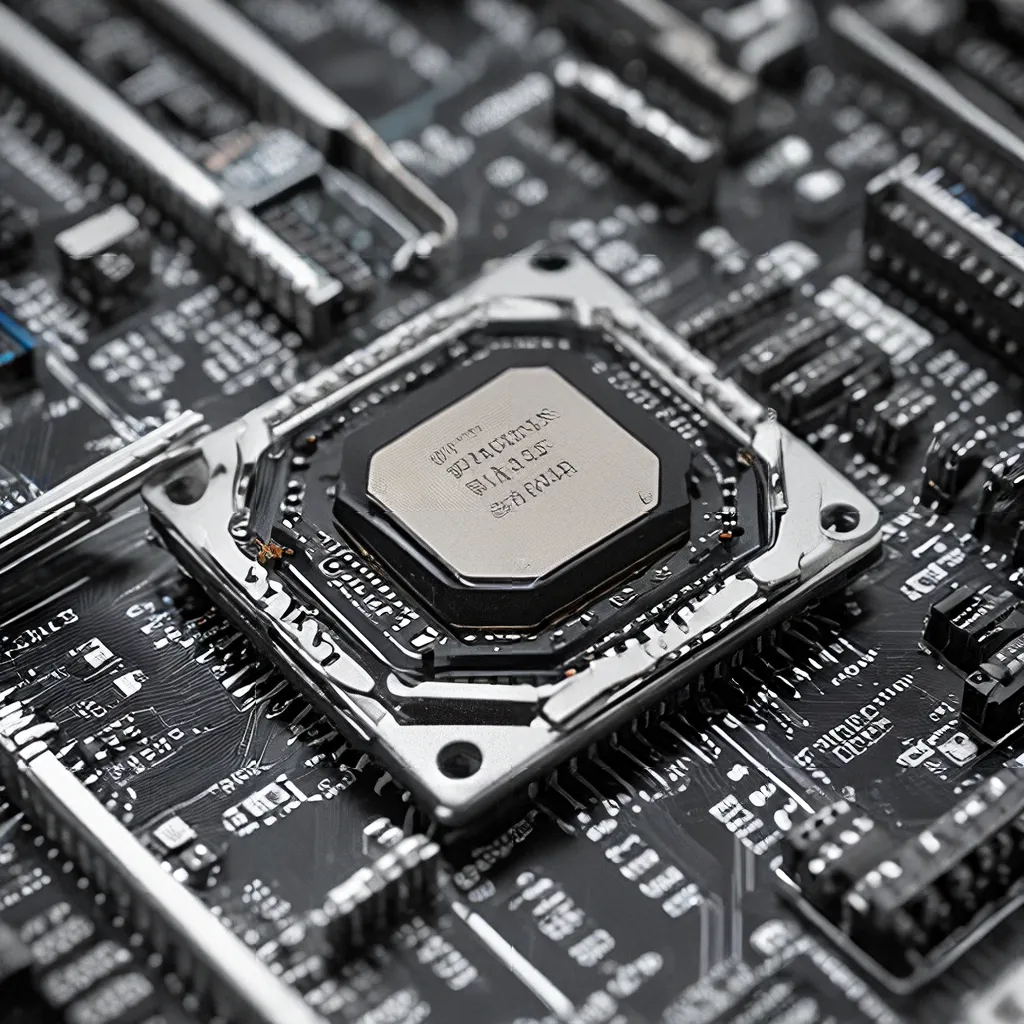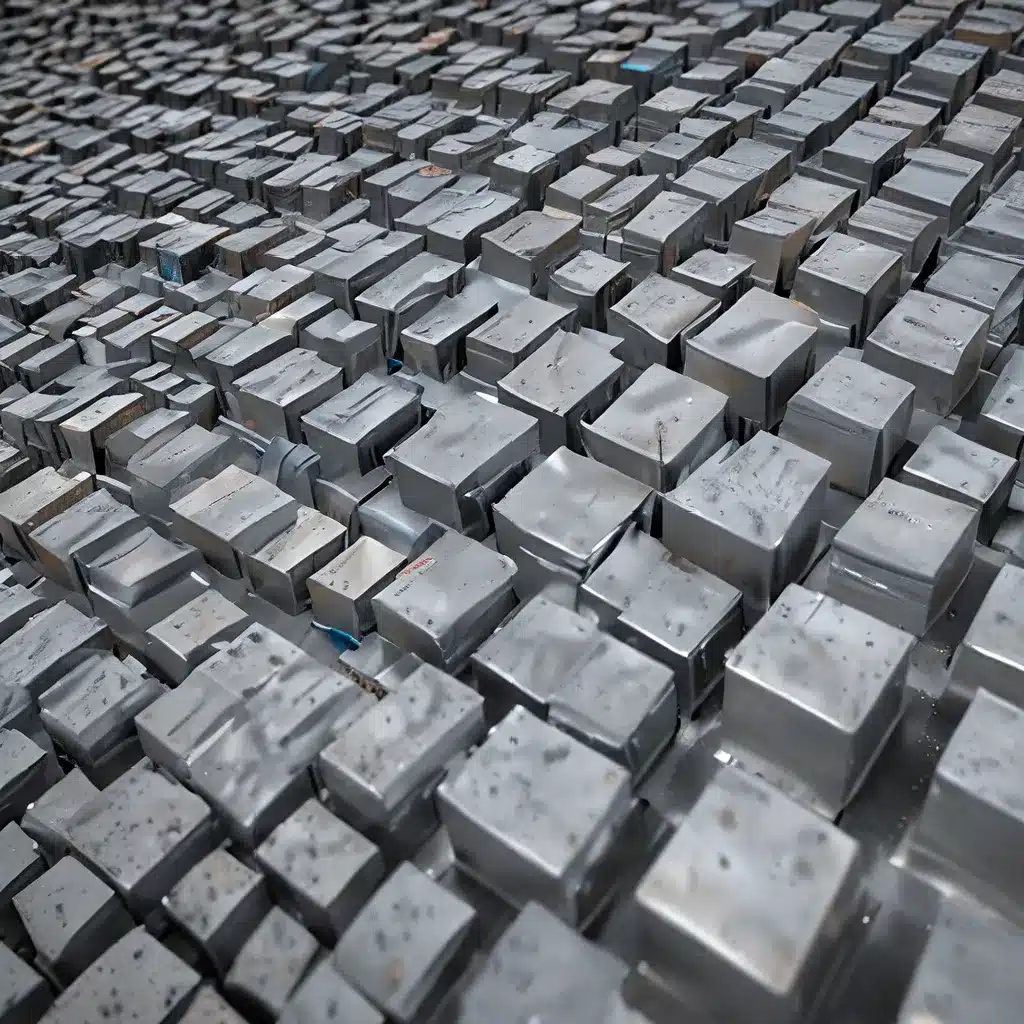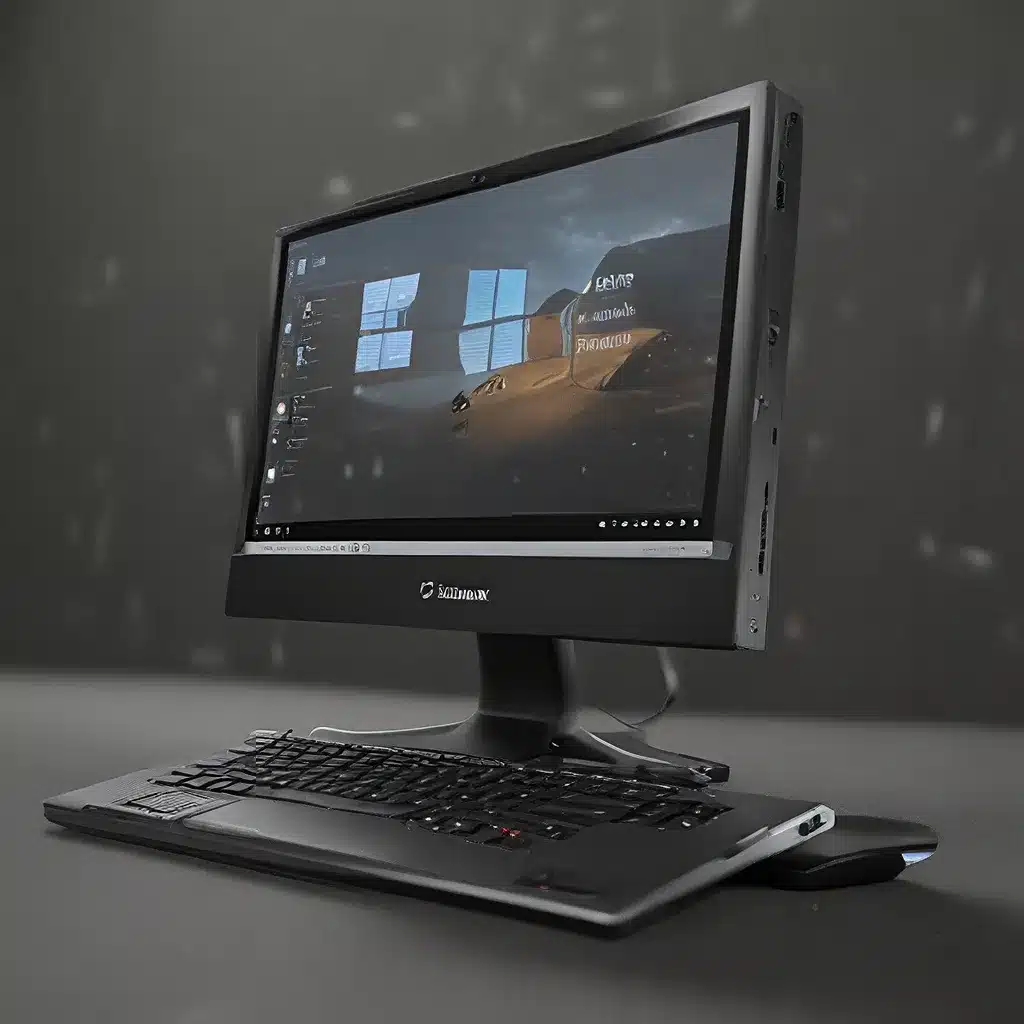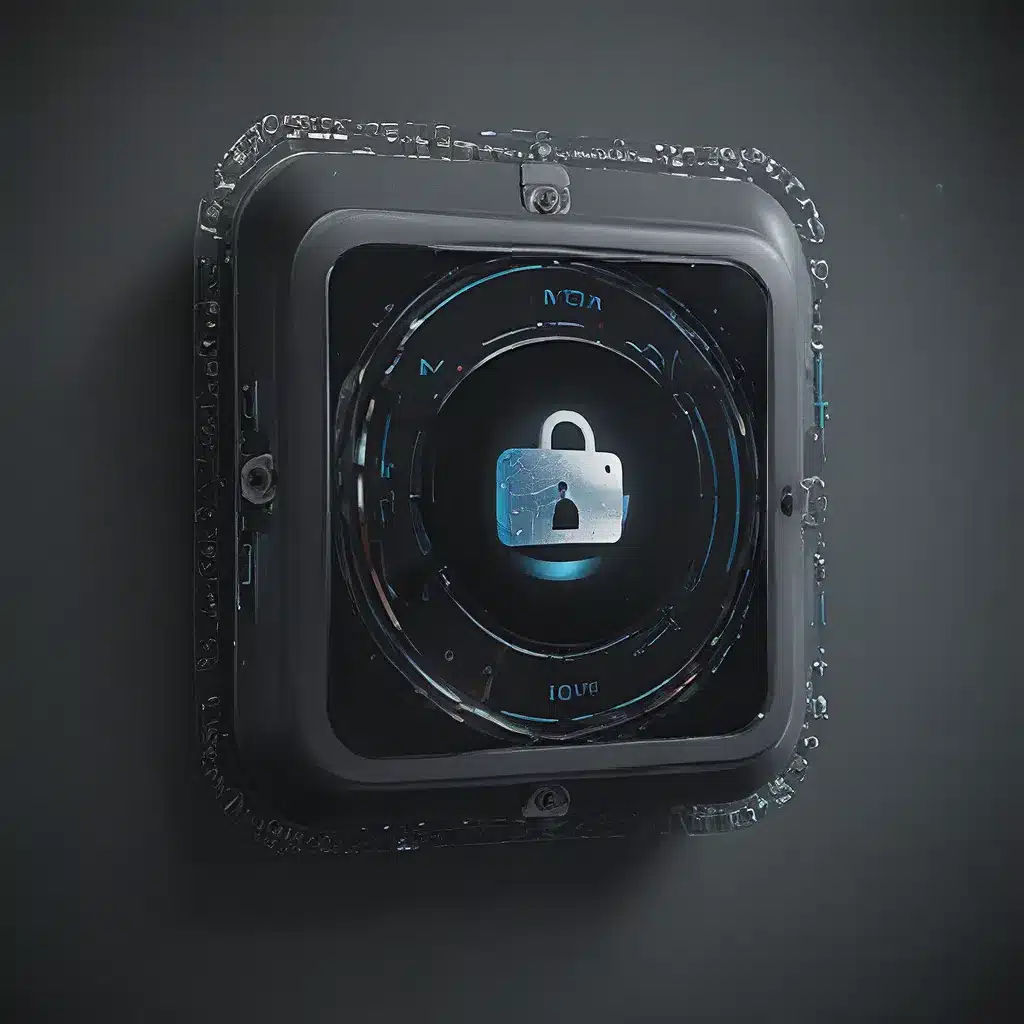Reason 1: Overheating
Have you ever experienced the frustration of your computer constantly restarting, seemingly for no apparent reason? This can be a perplexing and disruptive issue, but the good news is that it’s often caused by a relatively simple underlying problem. One of the most common reasons for this behavior is overheating.
Our computers are designed to operate within a specific temperature range, and when they exceed that threshold, they will often resort to restarting as a protective measure. This is the computer’s way of preventing more serious damage to its internal components. The causes of overheating can vary, from inadequate cooling systems to clogged air vents, but the end result is the same – your computer will continue to restart in an attempt to cool itself down.
To address this issue, you can start by ensuring that your computer’s cooling system is functioning properly. This may involve cleaning out any dust or debris that has accumulated in the vents or fans, or even replacing the thermal paste between the CPU and heatsink. You can also consider upgrading your computer’s cooling system, such as adding additional case fans or a more powerful CPU cooler.
In addition, you should make sure that your computer is placed in a well-ventilated area, away from any sources of heat or direct sunlight. Overclocking your CPU or GPU can also contribute to overheating, so you may want to consider dialing back any overclocking settings if you’ve enabled them.
By addressing the root cause of the overheating issue, you can help to stabilize your computer and prevent those frustrating restarts.
Reason 2: Hardware Failures
Another common reason for a computer constantly restarting is a hardware failure. This could be anything from a faulty RAM module to a failing hard drive or even a problem with the motherboard itself.
When a hardware component starts to fail, it can cause all sorts of strange behavior, including random restarts. This is because the computer is attempting to recover from the issue, but the problem persists, leading to an endless cycle of restarts.
To diagnose a hardware-related issue, you can start by running a thorough system diagnostic. This may involve testing individual components, such as the RAM or hard drive, to identify any potential problems. You can also use tools like the Windows Memory Diagnostic or the Windows Hardware Diagnostic Tool to scan for issues.
If you suspect a specific hardware component is causing the problem, you may need to replace it. This could be as simple as swapping out a RAM module or as complex as replacing the motherboard. It’s important to consult with a qualified technician or do your research to ensure you’re addressing the right issue.
In some cases, the hardware failure may be more gradual, such as a failing hard drive or power supply. In these situations, you may notice other symptoms, like slower performance or unusual noises coming from the computer. If you suspect a hardware issue, it’s best to act quickly to prevent further damage or data loss.
Reason 3: Software Conflicts or Corruptions
While hardware issues can certainly be a culprit, software problems can also lead to a computer constantly restarting. This could be due to conflicts between different programs or applications, or even a corruption in the operating system itself.
For example, you may have recently installed a new piece of software that is interfering with the way your computer’s system files are being accessed or managed. This can cause instability and lead to random restarts.
Alternatively, you may have inadvertently deleted or modified a critical system file, causing the operating system to become unstable and unable to boot up properly. In these cases, the computer will often resort to restarting in an attempt to resolve the issue, but the problem persists.
To troubleshoot software-related issues, you can start by running a system scan for any malware or viruses that may be causing the problem. You can also try booting your computer in Safe Mode, which loads a minimal set of drivers and services, to see if the restarts still occur.
If the issue persists, you may need to perform a clean installation of your operating system or try restoring your computer to a previous, working state using a system restore point. This can be a more involved process, but it can be an effective way to resolve software conflicts or corruptions that are causing the constant restarts.
It’s important to note that addressing software-related issues may require more technical expertise, and you may need to enlist the help of a qualified technician or IT professional if you’re not comfortable troubleshooting the problem yourself.
Conclusion
In conclusion, there are several overlooked reasons why your computer may be constantly restarting. From overheating issues and hardware failures to software conflicts and corruptions, these problems can be frustrating to diagnose and resolve.
By understanding the potential causes and taking the necessary steps to address them, you can help stabilize your computer and prevent those annoying restarts. Remember to regularly maintain your computer’s cooling system, keep an eye out for any hardware-related issues, and be vigilant about software updates and security measures.
If you’re still struggling to resolve the problem, don’t hesitate to seek the assistance of a professional. They can help you identify the root cause and implement the appropriate solution to get your computer back up and running smoothly.













